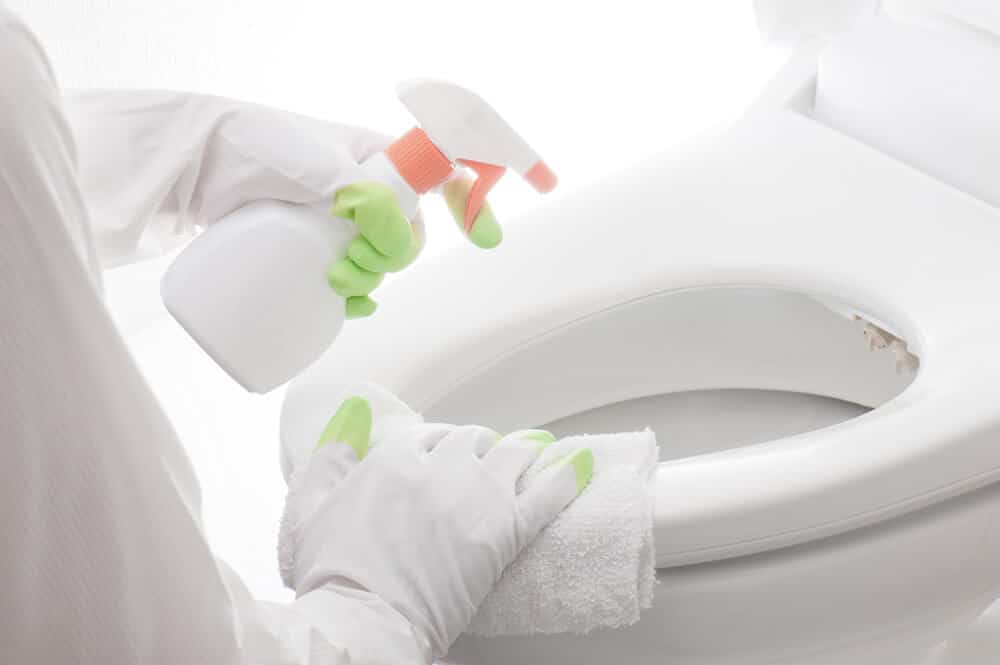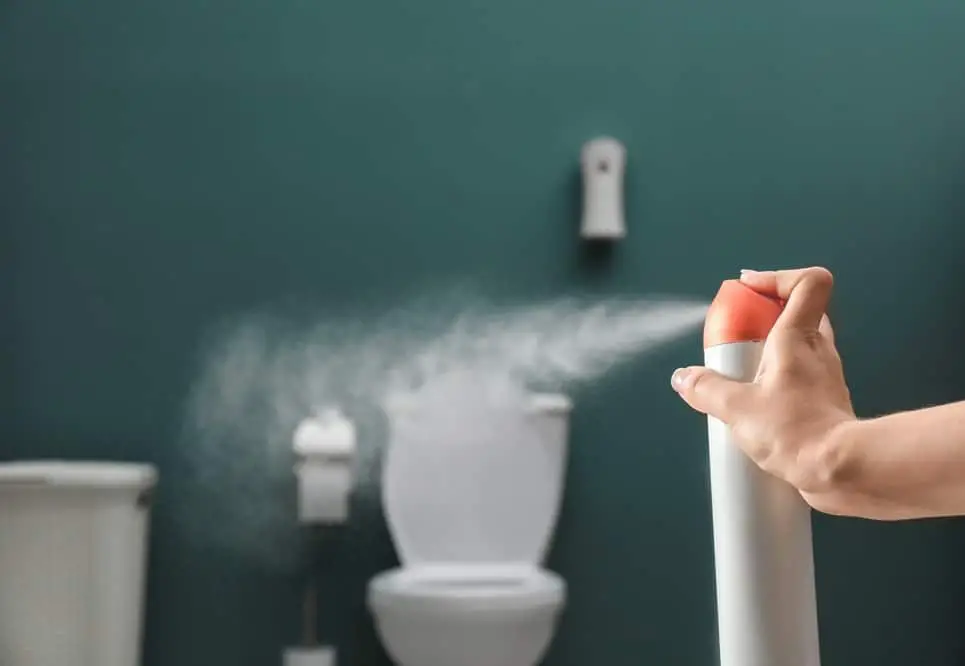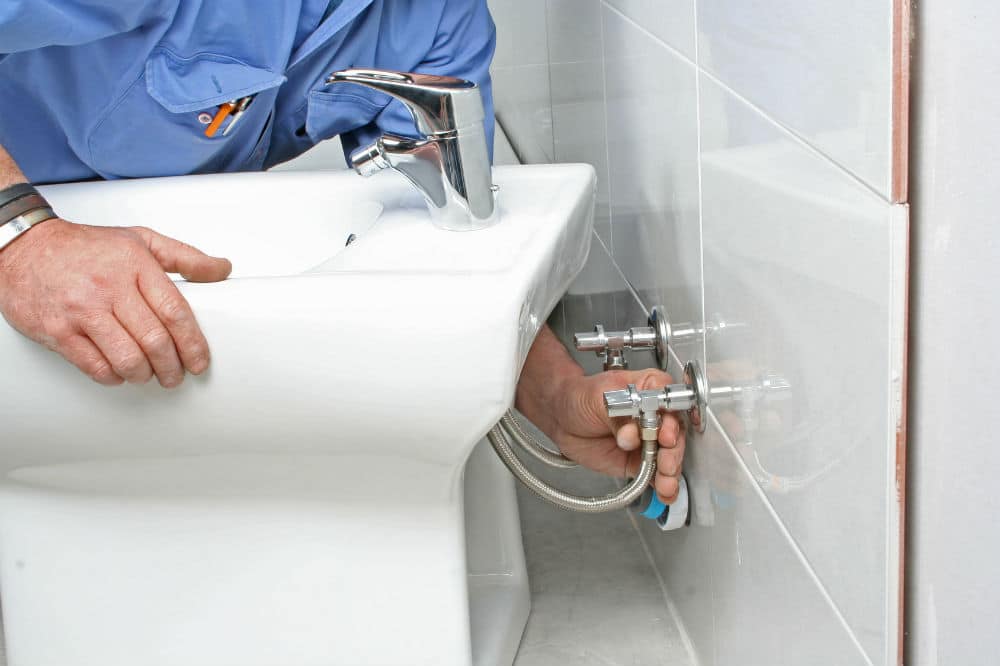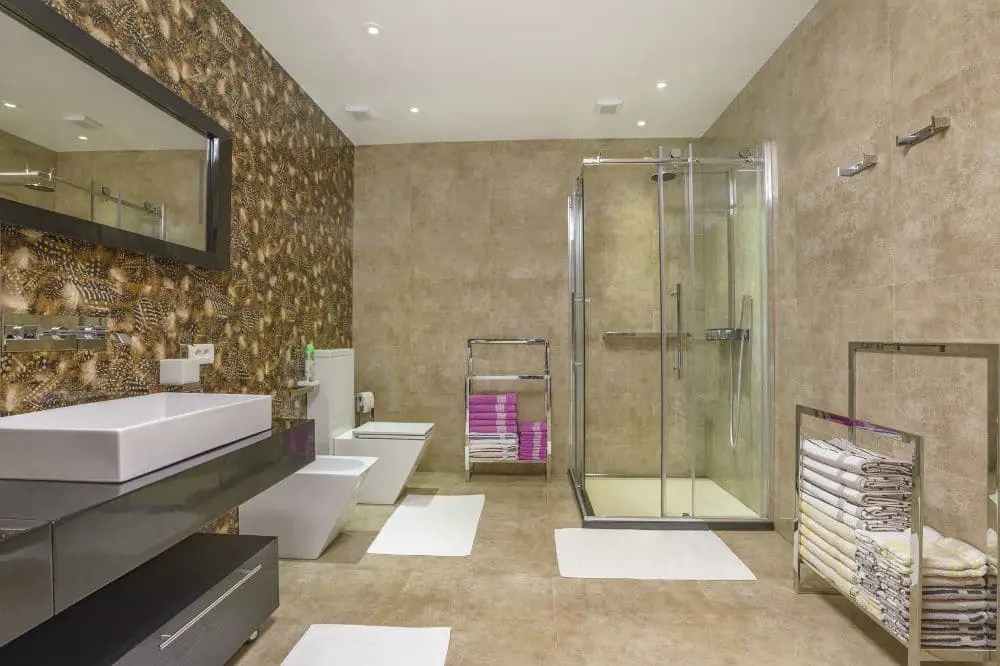
Composting toilets are ingenious inventions in every way imaginable. These toilets are specially designed to hold solid waste onboard or in separate tanks, with the end goal of allowing waste to decompose and turn into compost. This compost can then be used to fertilize your lawn, garden, or whatever else needs fertilizing.
The beauty of composting toilets is that they don’t require any sort of plumbing or water hookups, and some don’t even require electricity. This means that if you live off the grid, or need a toilet for a cabin or a campsite, your average composting toilet is going to be a great choice, if not your only one.
Not only is this useful, but the fact that you aren’t flushing untreated human waste into the drains, and the subsequent water system around you, also helps prevent pollution.
Human waste does not do Mother Nature any favors. However, one thing which a lot of people wonder is whether or not composting toilets smell, because after all, the waste is kept onboard instead of being flushed away and out of sight, or we should say out of smell. So, with all of the benefits you get from these, there does seem to be one flaw — the smell — but is this really true? Do composting toilets smell bad?
Composting Toilets and Controlling Odors
You might think that composting toilets smell bad, but there are various functions, both natural and man-made, as well as several things you can do to keep the smell at a minimum. Let’s go over these various things.
Bacteria Play a Big Role
One of the natural ways in which a composting toilet keeps the smell down is actually through the composting process. The waste, as well as oxygen, allows for the massive growth and reproduction of anaerobic bacteria.
These bacteria are what break down the waste, and this is what helps to control the smell. It’s not perfect or complete, but when combined with the other features of a composting toilet, anaerobic bacteria actually do a pretty good job at controlling the odor of human waste.
It Won’t Smell With a Separate Holding Tank
Another thing which helps control the odors created by a composting toilet is if you get a model with a separate holding tank. Not all composting toilets come with a separate holding tank, in which case there might be some odors to deal with.
Some composting toilets simply have the waste sitting open below the bowl, which may smell a bit. However, the majority of composting toilets will come with sealed holding tanks, or even totally separate holding tanks in a different location from the toilet. These holding tanks, otherwise known as the composting tank, do a good job at keeping the smell where it is supposed to be.
It Won’t Smell With Special Odor Treatments
Something else you can do to reduce the smell is to add special treatments to the holding tank. There are various treatment options, both natural and chemical, which help to reduce the odors associated with human waste.
Generally speaking, there are bacterial treatments you can add to the mix which goes back to the whole anaerobic bacterial process we discussed before. By adding more of these bacteria to the mix, you can help accelerate the composting process, and thus keep that smell under control.

It Won’t Smell Once Composted
Next, one thing which is important to note is that the compost itself does not smell. Once the waste has been composted, it turns into soil, more or less anyway. Now, this will have an earthy smell, as soil tends to have, but it’s a much better and less offensive odor than human waste.
It Won’t Smell If It Has a Good Venting System
Perhaps the most important aspect of any good composting toilet, when it comes to controlling the smell, is a good venting system. There are some composting toilets which do not come with any sort of venting systems to get rid of smells and noxious gasses so these might have a bit of an odor to them.
However, any good high-quality composting toilet will feature some sort of venting system. What you need to know is that a composting toilet will need to be able to connect to a power source to run the venting system.
This usually consists of tubing to direct the flow of air, as well as an electric fan to push the air and gas out of the holding tank. When it comes down to it, this is one of the very best ways to control odor. If you are worried about the smell of your composting toilet, you will want to go for a model that features a good venting system.
However, if you are off the grid, or want to place the toilet in an area that does not have electricity, you might have no choice but to pass up on this feature.
Conclusion
The bottom line is that if you get a half-decent composting toilet, it really should not smell at all, or at least not very much. One odor you might have to get used to is that of soil or earth, as you will probably be able to smell this once the waste has decomposed. However, as you can see from above, there are various features and solutions to the issue of the odor of human waste.
Between the anaerobic bacterial decomposition process, a separate holding tank, odor treatments, and a good venting system, you should not have to deal with the smell of human waste. At the end of the day, no, most composting toilets really do not smell at all.



